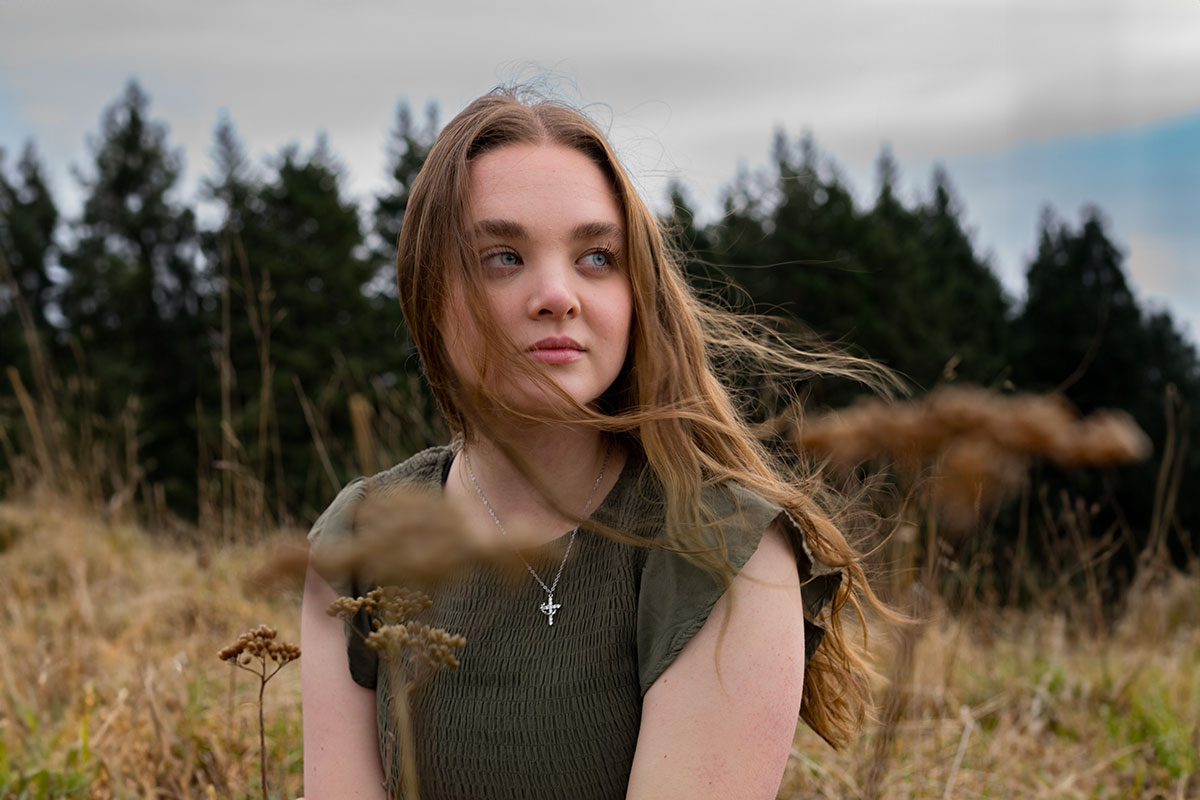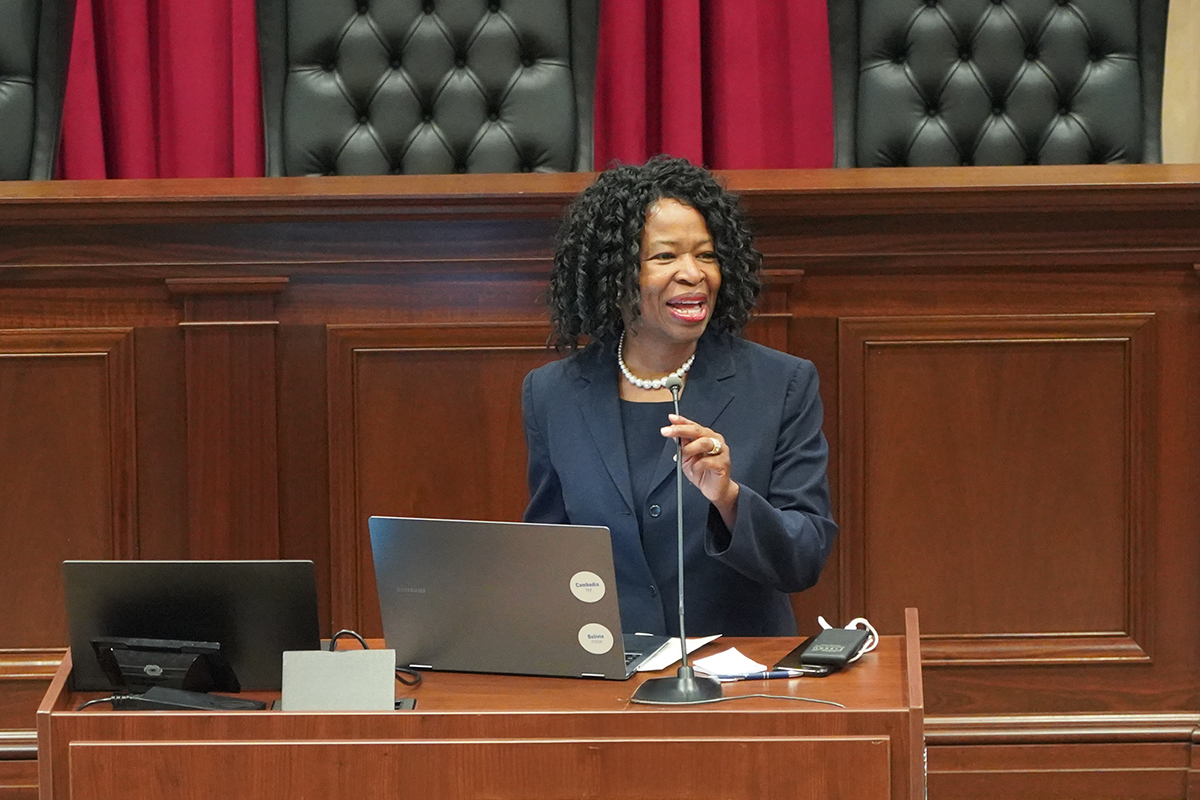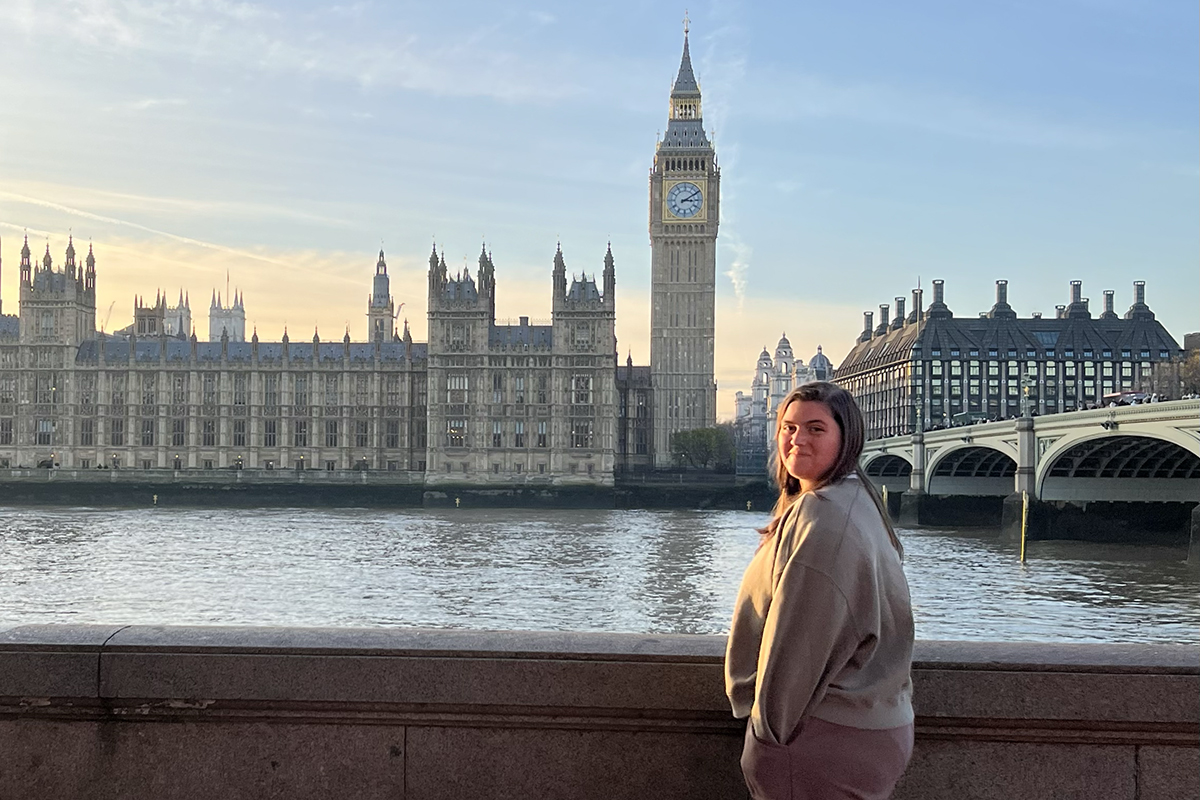Search News Archives
Filter News Articles
Additional Navigation
Public health team serves remote and poor communities on trip to Central America
August 25, 2023 : By Ryan Klinker - Office of Communications & Public Engagement
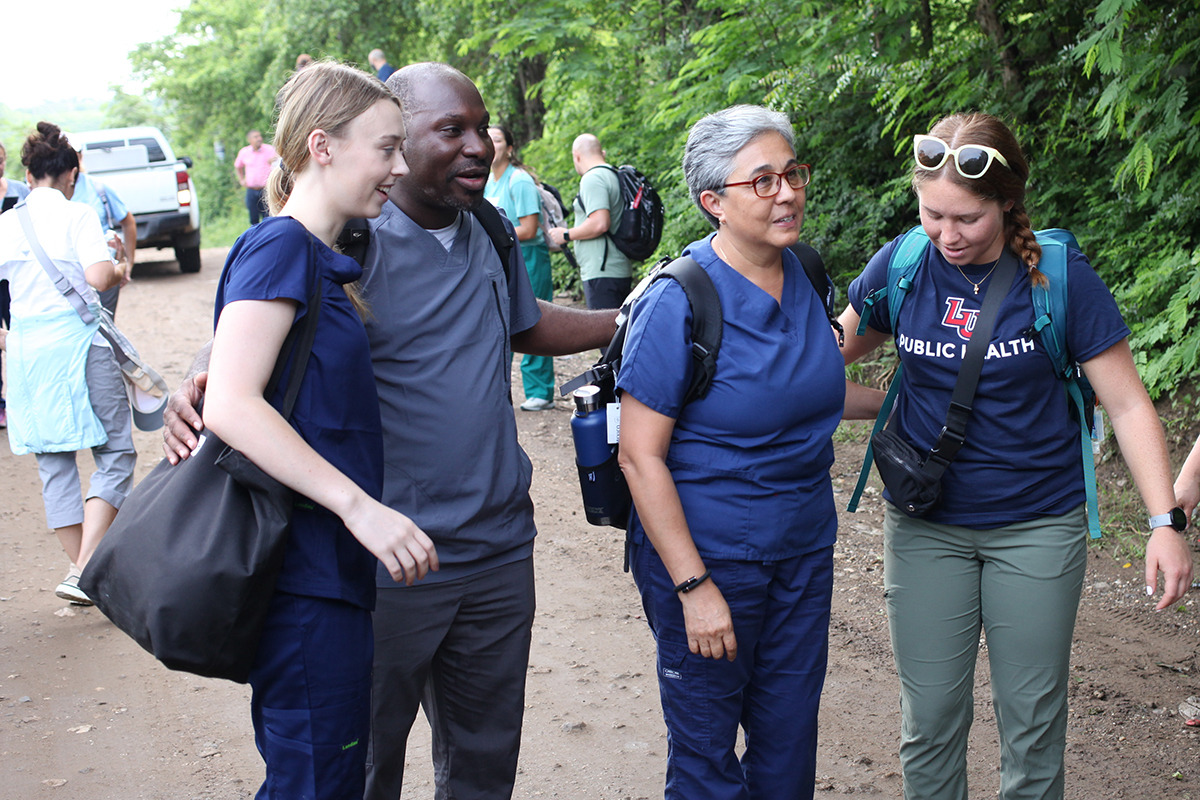
Two professors and two students from Liberty University’s Department of Public & Community Health spent nine days in the Central American countries of Guatemala and Honduras last month as part of a continuous effort to screen and treat those in Hispanic communities affected by poor nutrition, water quality, and sanitation.
From July 10-18, department chair Dr. Oswald Attin and online Master of Public Health (MPH) program director Dr. Gineska Castillo led the trip with MPH student Nicole Durham and Grace Sibert, a rising junior in the accelerated B.S. in Public Health to MPH (4+1) program. They visited HierbaBuena, a remote Guatemalan village on top of a mountain, and an area around Copan Ruinas in Honduras. By the end of the trip, they had screened 535 people of varying ages, including children.
The trip was supported by Liberty’s Center for Research & Scholarship, and two Spanish churches — Iglesia Vida in Sunrise, Fla., and Iglesia de las Americas in Lynchburg — sent members to assist the group. The department has sent a team to Guatemala the last two years, partnering with the local nonprofit Manos Unidas in Guatemala. This year, they found a new connection with Urban Promise, a children and youth ministry in Honduras.
“Every year, God is showing something different,” Attin said. “It’s not about going and making ourselves feel good; it’s about asking the Lord to show us what He wants us to do. God sends us where He wants us, and He uses us to speak to others.”
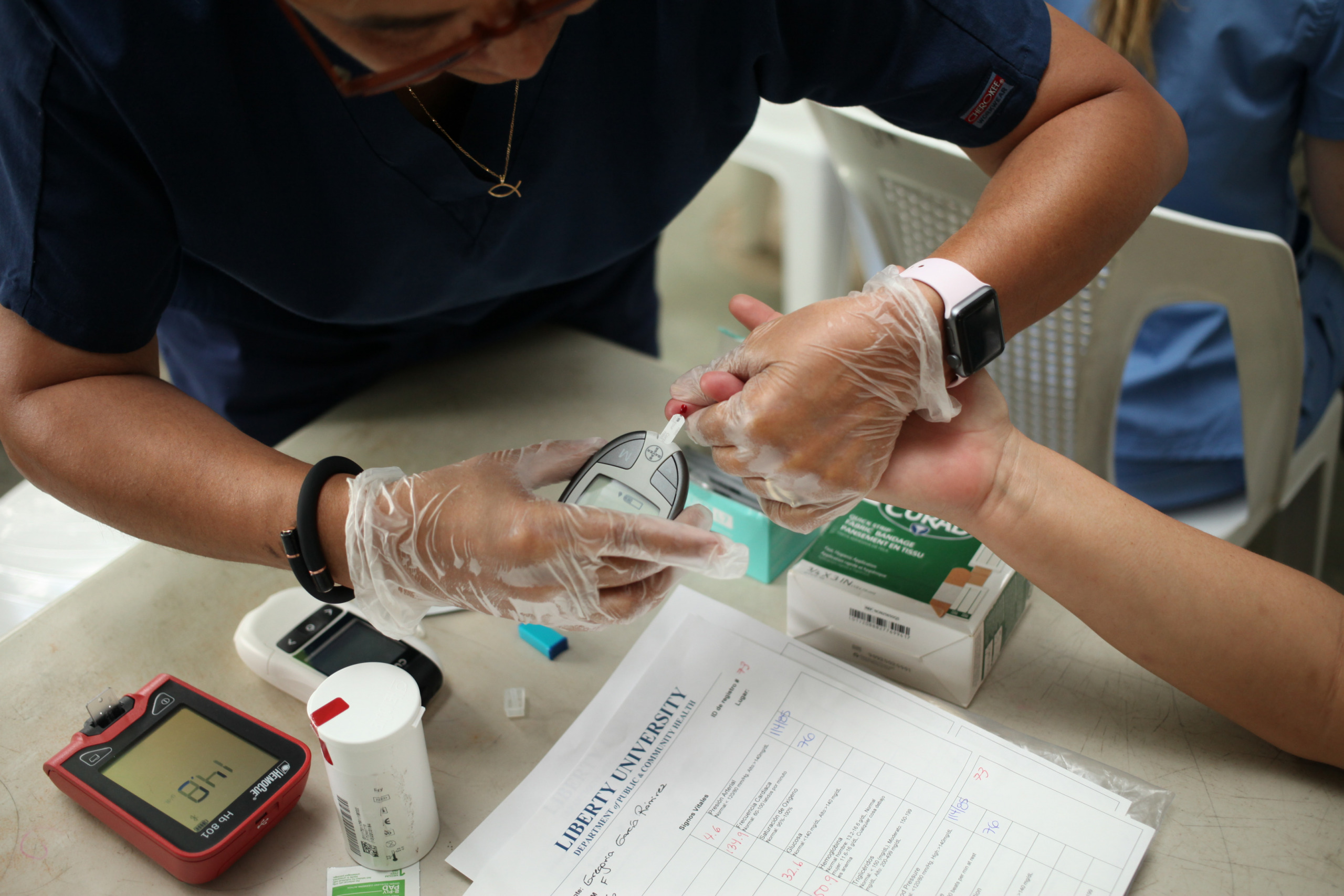
“Year after year, the transformative impact of our missions with the public health teams in Guatemala and other countries like Honduras continues to unfold in new and profound ways,” Castillo added. “These trips exceed ordinary visits; they represent an unwavering commitment to understanding, empathizing with, and empowering the communities we serve. Seeing those community members expecting us in every village, traveling and walking from other remote places, is astonishing.”
In HierbaBuena, the locals do not receive any resources from the government and have little to no potable water, which Attin said contributed to hydration and nutritional issues, some so severe that the act of drawing blood was difficult.
Durham recalled the drive up the mountain and the experience of helping a population that might have otherwise continued to go unreached and untreated.
“Seeing that people lived at such an altitude and away from civilization and away from a clean water source was a bit of a shock to me,” she said. “After we finished the day and were riding back down the mountain, I thought of how crazy it is that these people do not normally get reached from missions and medical groups because of the remote location. If we did not go to give a medical checkup or give resources to them, I do not think anyone would.”
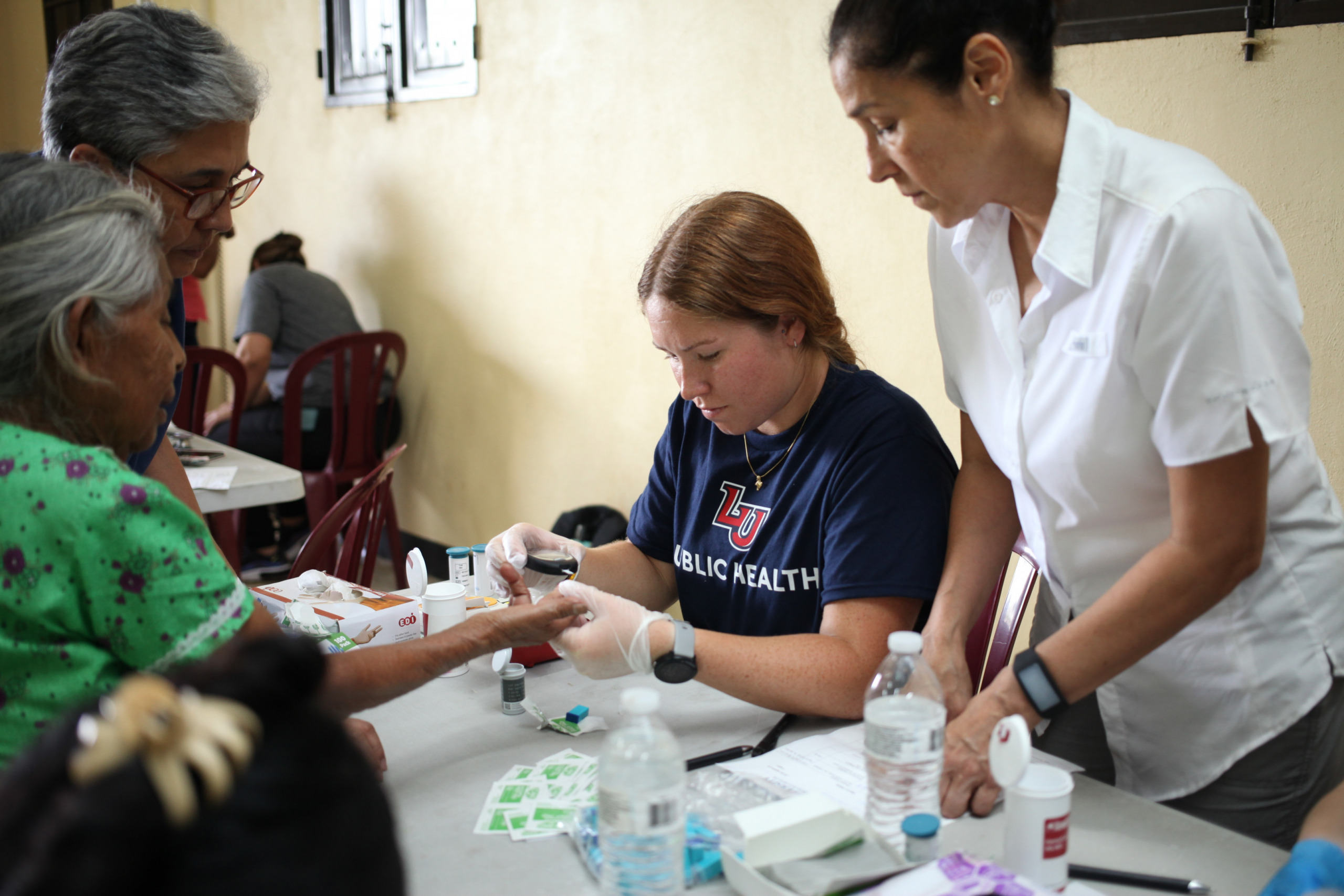 Despite Copan Ruinas being a tourist destination, the surrounding area has many poor communities, and Attin said they encountered people with high cholesterol and high blood pressure.
Despite Copan Ruinas being a tourist destination, the surrounding area has many poor communities, and Attin said they encountered people with high cholesterol and high blood pressure.
Sibert has been involved with Attin’s research since her freshman year, including giving presentations during Liberty’s Research Week and at the American Public Health Association Conference. This was her first medical trip with Attin, which allowed her to see the study being carried out firsthand.
“While before I was able to understand and become passionate about the research, now I had a personal connection and experiences myself,” she said. “We were able to share the love of Christ through providing healthcare, playing with the kids, and praying for those who were struggling.”
She presented her testimony through a translator at a church in Guatemala, something she’d never done in front of an audience before, and she said she felt the Lord’s presence even when the language being spoken around her wasn’t her own.
“Even though the church was in Spanish, and I do not speak or understand Spanish particularly well, I felt so connected to the Lord. I could tell everyone in that church loved God so much; they were filled with such joy,” she said.
The language barrier was also a concern for Durham, but she soon found a similar comfort in allowing the Lord to use her actions when words weren’t easy to share.
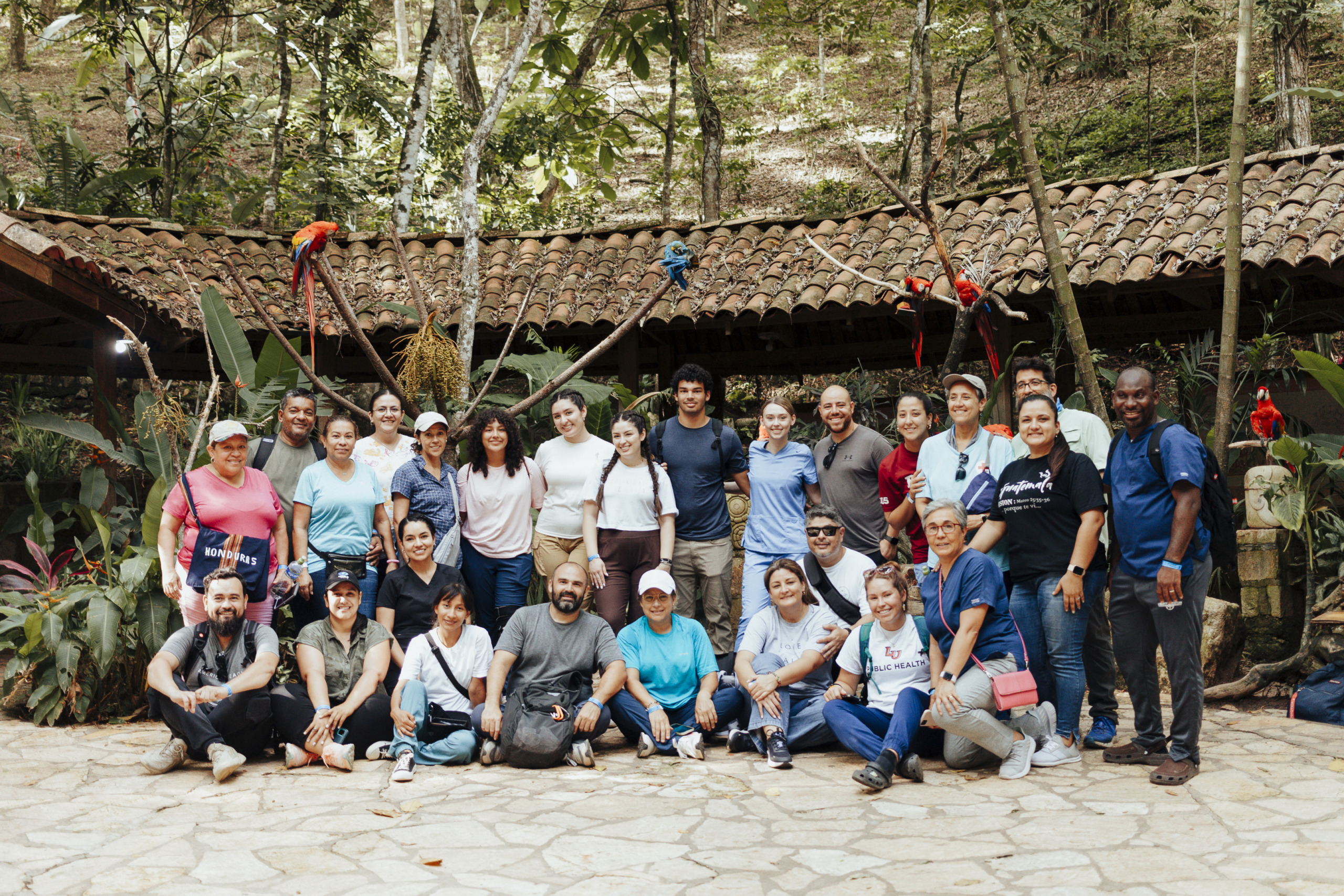
“Each person I helped at my (clinic) table, I wanted to get to know them more and ask questions about how they were,” Durham said. “Through this, the Lord taught me the sweetness of being able to be few in my words, smile, and serve the people in front of me with the resources that He had provided. This was an opportunity to show the love of God to others just as Jesus did.”
Sibert and Attin wrote an article about the work being done on these trips that has been approved for publishing in the Virginia Journal of Public Health, a peer reviewed journal for the Virginia Public Health Association.
“This research has a special place in my heart, so I am thankful that I get to share my passion for this work and these communities through manuscripts and additional research,” Sibert said. “I hope that in the future we are able to bring even more awareness to the importance of pouring into indigenous and rural communities.”
Attin said because of their work, some of the people he has met in Guatemala have told him they were inspired to pursue medicine as a career and make an impact in their own communities.
“Some of them told me that going into (the medical profession) wasn’t even on their radar until we talked to them and they helped us on past trips,” Attin said. “They’ve now started to do screenings themselves in areas that we haven’t gone to. That’s really been a blessing, seeing how we’ve been able to pass along that ability to care for the people there and inspire them to go to medical school or nursing school. That’s what we want to do in public health: we go, we train, we show, and then that continues after we’ve left.”
Attin and others from Liberty will continue their outreach to Hispanic communities here in the U.S. They will conduct screenings in association with the Virginia Poverty Law Center and Virginia Department of Health at a Hispanic Festival on Sept. 18 in Danville, Va. Next July, Attin and Castillo plan to lead a trip to Antigua, Guatemala, with students and a larger team of medical professionals.
“We always want to thank CRS for believing in this project and Dean (Heidi) DiFrancesca in the School of Health Sciences for allowing us to continue doing this,” Attin said. “We are having an impact, and we hope to continue to go with students and train community health workers wherever we go.”
